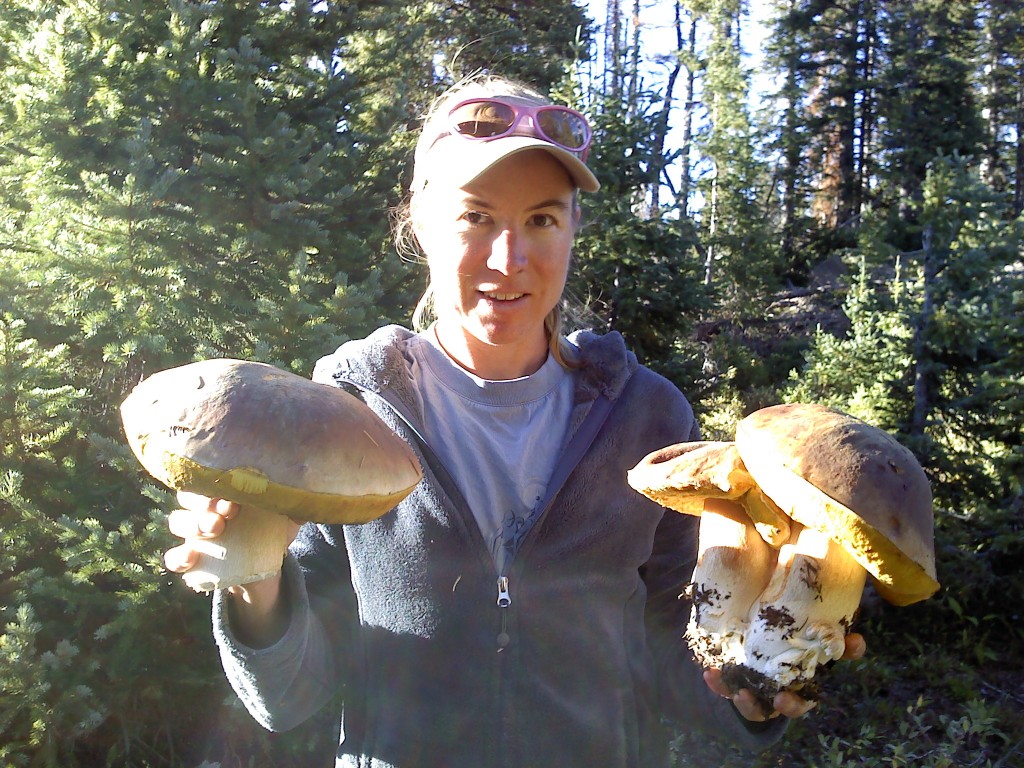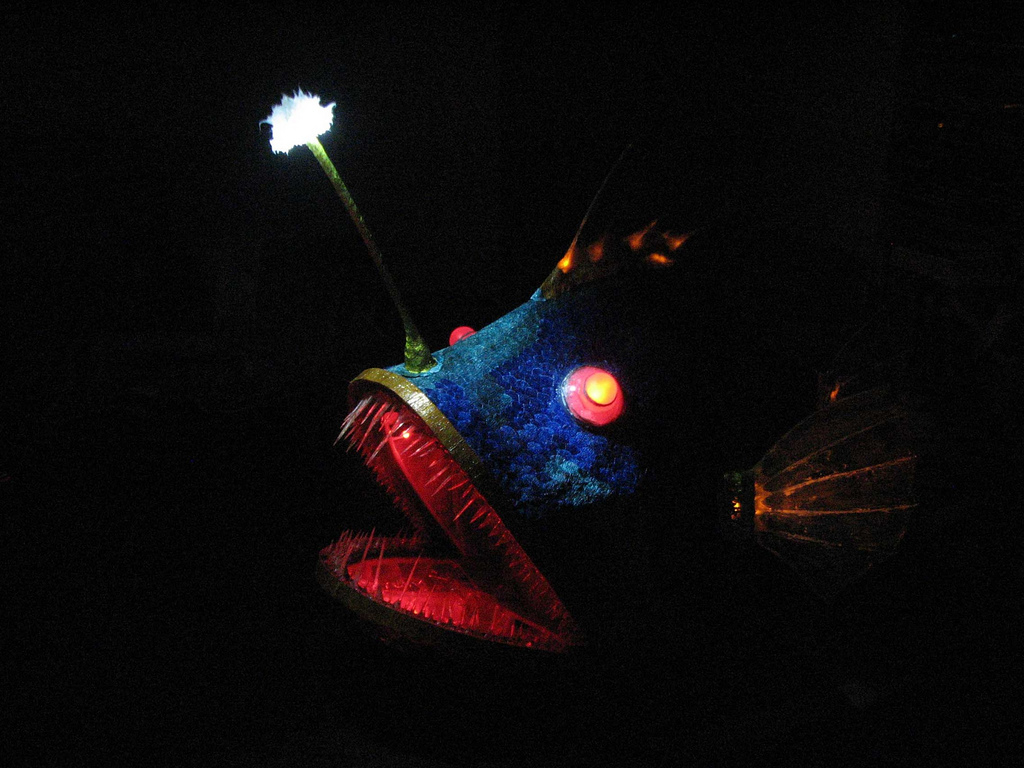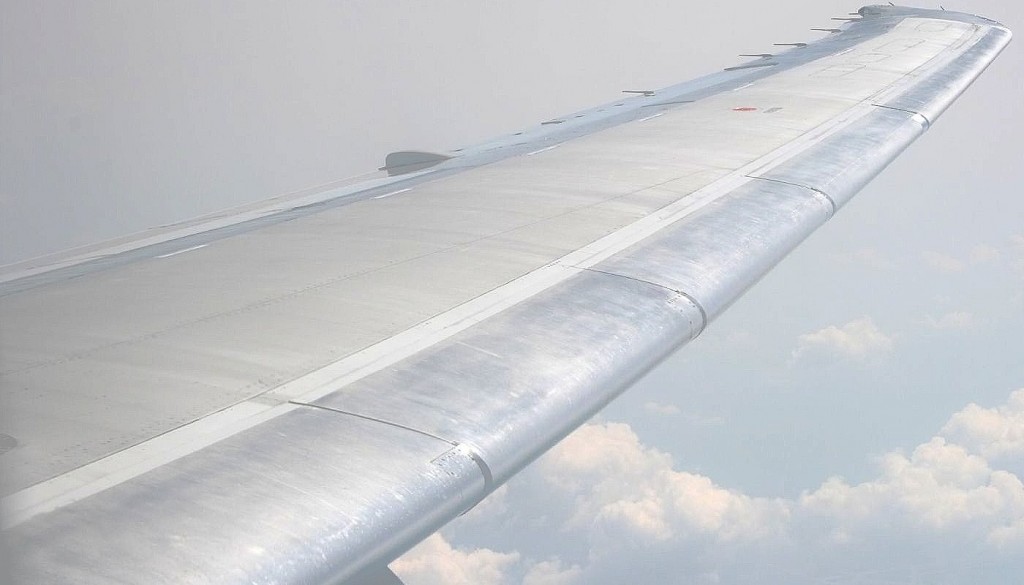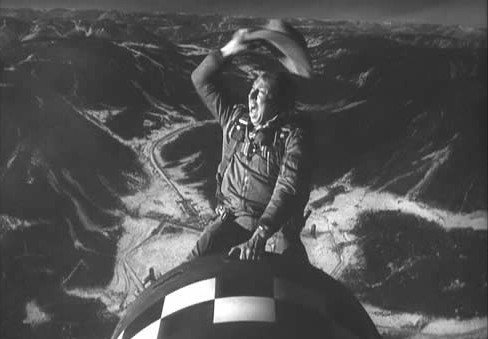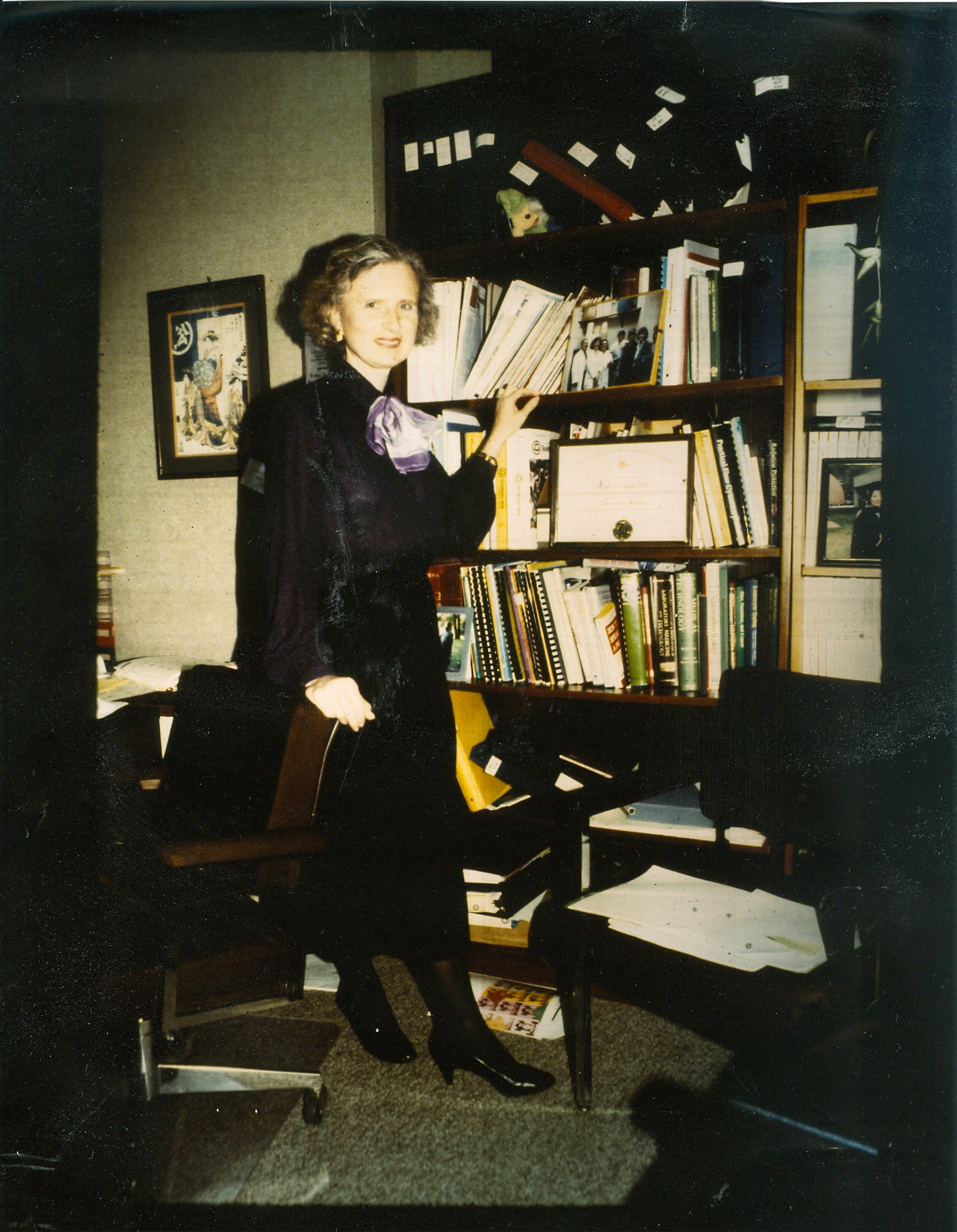 Among my fondest childhood memories are the hours my family spent discussing B cells and T cells while cruising the highways on our family car camping trips.
Among my fondest childhood memories are the hours my family spent discussing B cells and T cells while cruising the highways on our family car camping trips.
My mother, Irene Check, is a scientist; both she and my father got their doctoral degrees in microbiology, and my mother has a specialty in immunology – the study of the body’s defense against disease. What I remember most from our childhood conversations is my mom’s excitement about science: B and T cells are the main types of cells that do the work in the human immune system, but when my mom talked about them, they sounded like more than mere cells; they sounded like superheroes.
These days, however, my mom is a lot more than a scientist: she works on the front lines of health care reform. My mom directs an immunology laboratory in a hospital, which means that she runs tests to try to diagnose what’s wrong with patients’ immune systems. And while her love of science is what got her there, she now spends as much of her time cutting costs and trying to prepare for health care reform as she does using her scientific knowledge to help sick people.
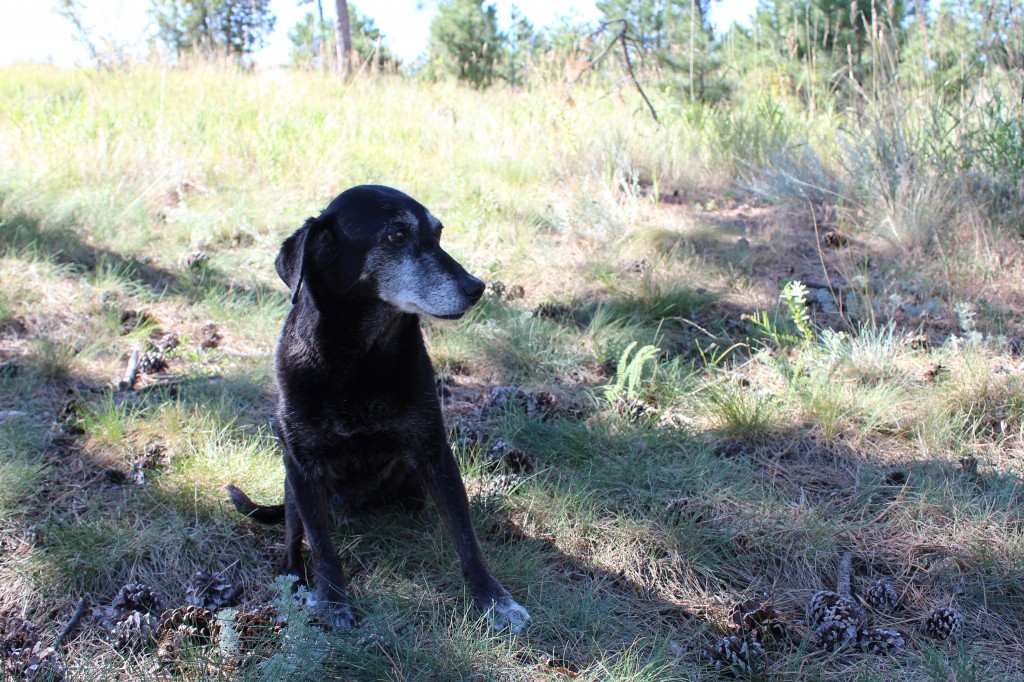

 I don’t have a problem with screenwriters fudging scientific truths as long as they: are internally consistent with their made-up science; and manipulate the facts in the name of telling a good story.
I don’t have a problem with screenwriters fudging scientific truths as long as they: are internally consistent with their made-up science; and manipulate the facts in the name of telling a good story.